Dep’t of Energy advertises for Office Manager
The Department of Energy (DOE) , Ministry of the Presidency, which is to steer the oil and gas sector, this week advertised for an office manager and accountant.
All the latest news and commentary on the new Guyana Oil and Gas sector include exploration, drilling, policy, impact and more.
The Department of Energy (DOE) , Ministry of the Presidency, which is to steer the oil and gas sector, this week advertised for an office manager and accountant.
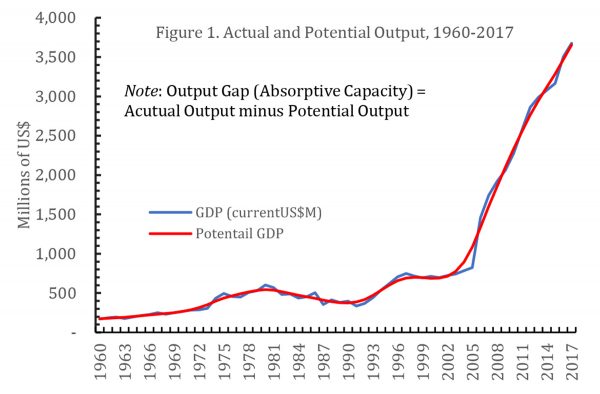
Dear Editor, Dr. Clive Thomas devoted about half of his recent piece, `Navigating Guyana’s Development Challenge – 8,’ (SN, 19 August) to the idea of absorptive capacity.
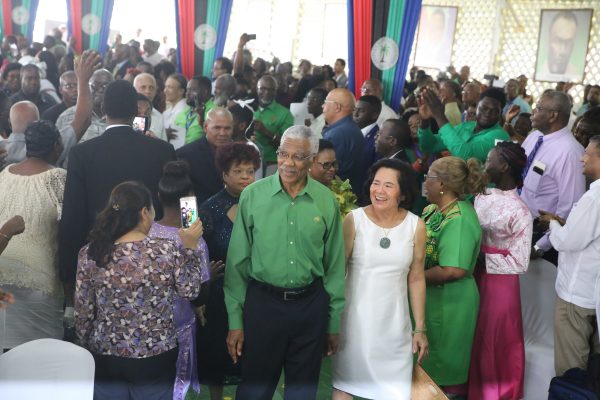
Dubbing the PNCR as the “natural, national leader,” President David Granger yesterday said that the APNU+AFC government will not be “intoxicated by oil” as he vowed that the petroleum sector will be managed in accordance with “international best principles”.
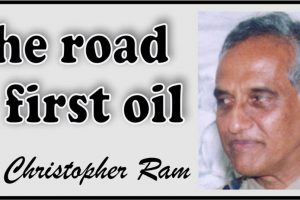
Introduction Recall that Column # 54 published in this column last week cited two Emancipation Day speeches, one from President Granger which was discussed at some length in the same column.
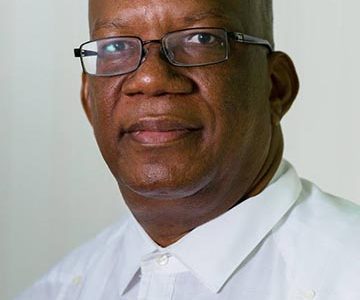
Mid-Atlantic Oil and Gas Incorporated is now legally entitled to all of the same tax concessions which ExxonMobil’s local subsidiary and its partners enjoy following a motion which was passed last week in the National Assembly.
When the revised Petroleum Commission Bill returns to Parliament later this year, not only would it have significantly reduced the powers of the subject Minister, it also incorporates clauses aimed at ensuring its independence, transparency and accountability.
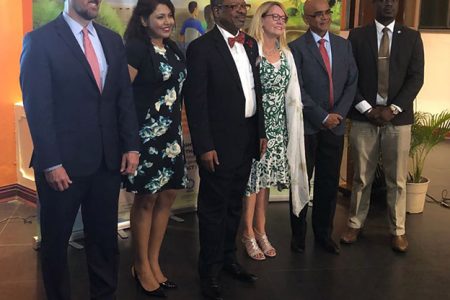
Conservation International-Guyana (CI-G) and the ExxonMobil Foundation last Monday launched their US$10 million partnership which aims to advance a sustainable economy through investments in education, research, sustainable management and preservation of the country’s ecosystem, The two will be working along with the University of Guyana (UG) and the Arizona State University (ASU).
On Wednesday, the government published its Green Paper on the Sovereign Wealth Fund (SWF) which will guide how oil revenues from 2020 and onwards are managed.
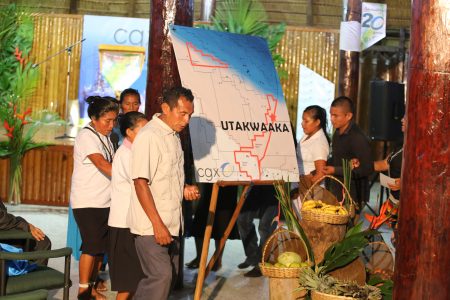
Canadian oil and gas exploration company CGX Energy Inc. on Friday evening held a naming and blessing ceremony for its next offshore oil exploration well, “Utakwaaka,” which is to be drilled by November next year in the Corentyne Block.
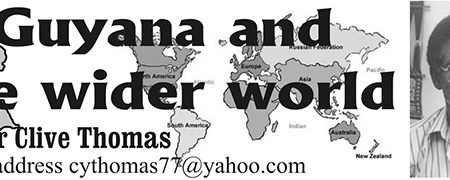
Introduction Today’s column continues the discussion on absorption capacity. This is on my list of top-ten development challenges, which spending of Guyana’s expected significant Government Take from first oil and first gas will have to contend with, starting 2020.
Dear Editor, I wasn’t sure whether to laugh, giggle or yawn upon reading Dr.
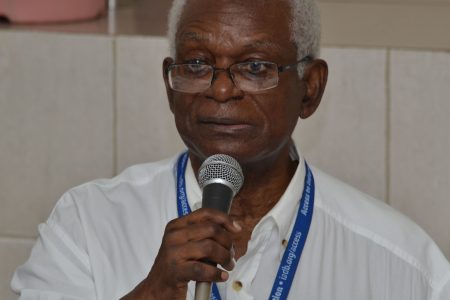
Following the suggestion by Working People’s Alliance (WPA) executive member Professor Clive Thomas that Guyana should commit a percentage of its oil revenue to direct cash transfers to citizens in order to combat poverty, the party has vowed to lobby government to adopt and implement the policy.
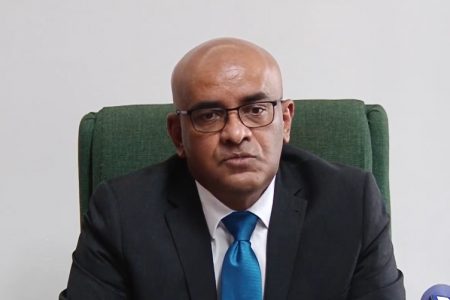
Although saying he supports conditional transfers to citizens, Opposition Leader Bharrat Jagdeo has cast doubt on Working People’s Alliance (WPA) Executive Professor Clive Thomas’ suggestion of introducing cash transfers for every household from expected oil revenues, while dismissing it as a ploy for the 2020 general elections.
Dear Editor, I refer to two articles published in the Guyana Chronicle and Stabroek News on Friday, August 10, 2018, under the respective captions – `No evidential basis for cash payouts – President Granger’ and `No evidence to support proposal for cash payouts from oil money – Granger’.
Dear Editor, I know Professor Clive Thomas to be a patriot who has over the years championed the cause of our people.
Dear Editor, I have noticed that Clive Thomas has started an interesting debate around the concept of cash transfer of potential oil revenues and I must confirm that I agree with the general thesis of Mr.
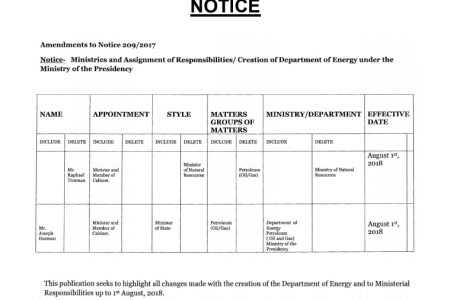
It’s official. With effect from August 1st, Raphael Trotman is no longer in control of the oil portfolio following the establishment of the Department of Energy.
Dear Editor, The recent announcement by ExxonMobil that it has increased its estimate of Guyana’s petroleum reserves to four billion barrels of oil equivalent is good news for Guyana.
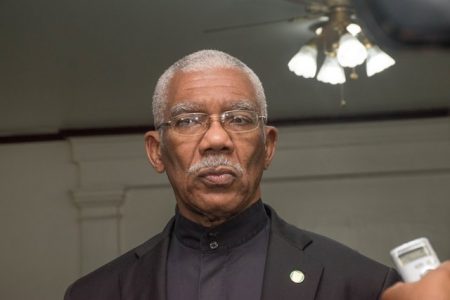
Noting that no proposal for a cash payout to be made to households from oil revenue has reached his desk, President David Granger yesterday said that he is yet to see the evidential basis to support such a suggestion.
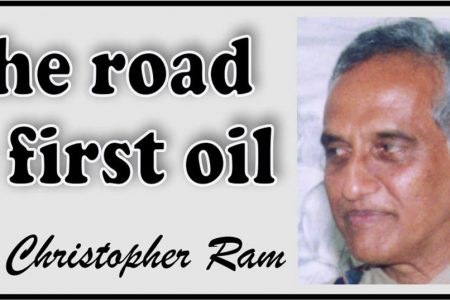
(Part 54) Introduction Events marking Emancipation Day saw two significant statements from two leading Afro-Guyanese leaders, President David Granger and Professor Clive Thomas.
The ePaper edition, on the Web & in stores for Android, iPhone & iPad.
Included free with your web subscription. Learn more.